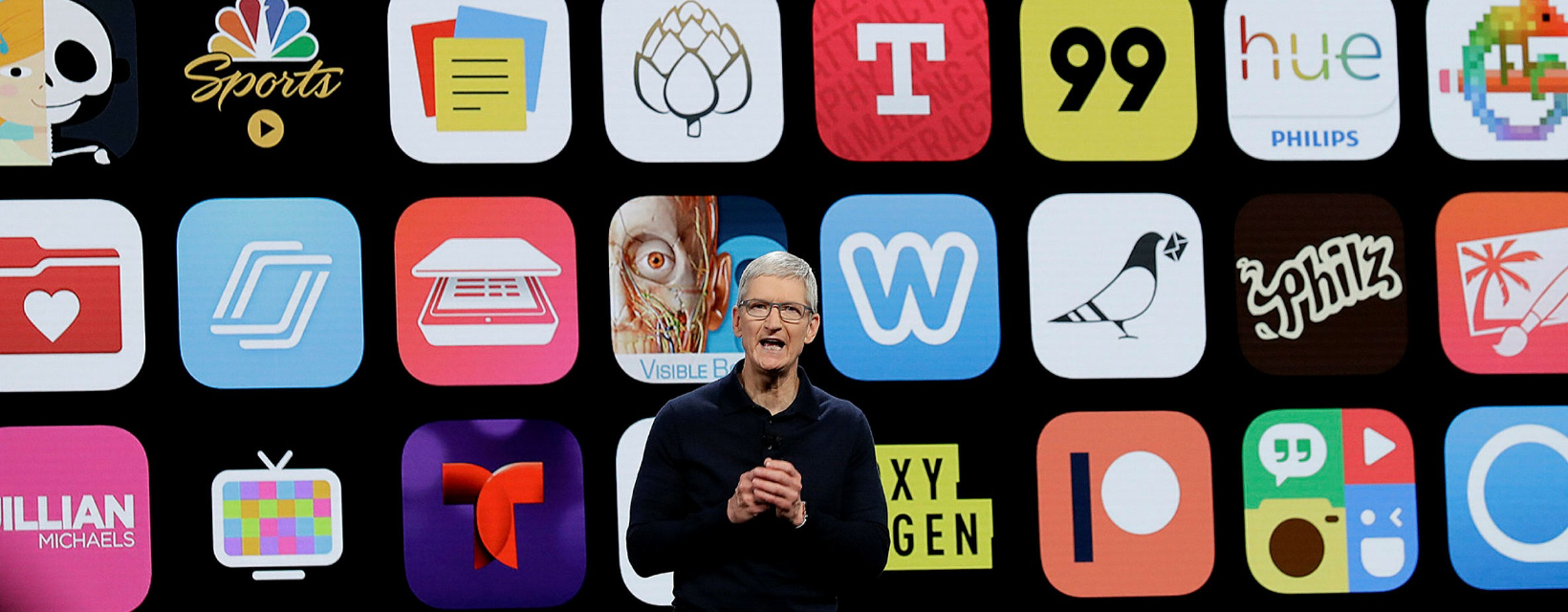Back in June, I was expecting a decision from Judge Gonzalez Rogers on the Apple vs. Epic trial any day. At the time, I believed Apple would win most of the counts and lose one count related to steering. As it turns out, Apple anticipated the same outcome, and proactively made changes to App Store policies around steering in the month leading up to the September decision.
There was a reminder for me in how this played out: the App Store is a fast growing, dynamic business, and its policies will continue to evolve in the years to come. Below are the key App Store policy topics and our thoughts on how they play out in the years to come.
Third-party app stores on iOS.
The ruling states that Apple’s current policy prohibiting third-party app stores on iOS can remain, to help ensure the safety and security of iOS. This is a measurable win for Apple, which makes it difficult for federal regulators to impose a change that would require Apple to allow these outside stores.
Expected Change: Over the next five years, I expect Apple’s current policy on third-party app stores to remain unchanged.
Commissions
While commissions were not directly addressed in the suit, indirectly they were the central topic. The ruling allows Apple to maintain its current 30% commission for larger developers and 15% for smaller ones. While the court decision is a win for Apple, we believe the free hand of the market will determine the App Store’s long-term commission rates. History shows Apple is willing to change. In 2016, Apple reduced its commission for the 2nd year of subscriptions to 15% from 30%. In 2020, the commission for smaller developers was reduced to 15% from 30%.
Expected Change: It’s unclear how commission rates play out. Apple has until mid-December to build a framework to allow developers to steer. In 2022, I expect developers will be in data gathering mode to determine the most favorable approach. On one hand, if the developer steers customers to pay outside of iOS, costs will decline because commissions are no longer paid. That said, costs will not go to zero, given there’s an expense to maintaining a payments platform. Additionally paying customer conversion will go down given the extra payment steps. Humans are of course lazy, and transacting within iOS is easiest. The math for the large developer will most likely come down to a 80% breakeven hurdle. If conversion rates are above 80%, the developer will likely continue to steer. If conversion falls below 80%, they’ll likely transact inside of iOS. If the large developers have the brand to drive greater than 80% conversion, Apple may consider lowering the 30% take rate to win them back. In the end, I believe it’s unlikely we see any commission rate changes over the next five years. If I’m wrong, I see a floor of the large developer commissions at 15%.
Apple Tax
Judge Rogers left an ace in Apple’s pocket, granting the company the option to implement an “Apple Tax” to manage any negative impact from steering. In theory, Apple could charge an App Store listing fee. That said, the annual listing fees for larger developers would have to reach tens of millions of dollars in some cases to offset a commission reduction. Which begs the question, would a regulator consider it unfair for one developer to pay a high listing fee and another to pay a nominal fee? Either way, the Apple tax option is directionally positive for Apple to maintain favorable long-term store economics.
